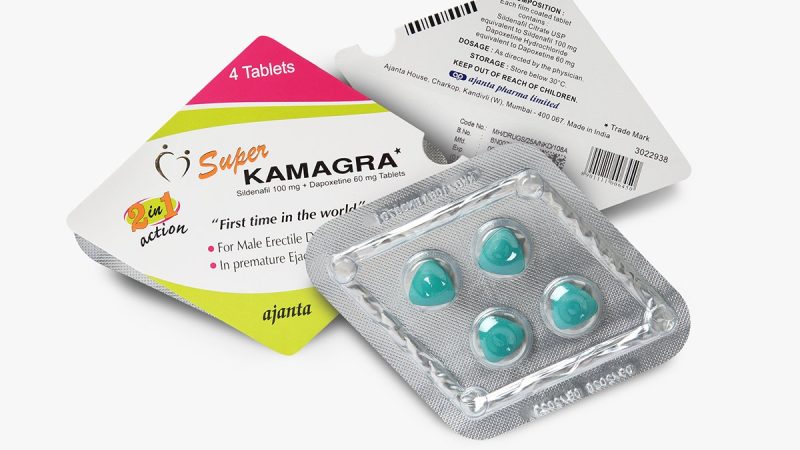Can Vitamin D deficiency cause tremors?

Vitamin D
Vitamin D, also known as calciferol, is a fat-soluble vitamin that can be found in foods such as oily fish – salmon, mackerel and sardines, liver, red meat, egg yolks, mushrooms, and fortified foods like breakfast cereals and milk. There are also dietary supplements of Vitamin D that are widely available. Perhaps the most common source of vitamin D is the sun. Unlike other vitamins, our body is able to produce Vitamin D endogenously from sunlight. In order for our body to be able to use Vitamin D, it must first undergo 2 hydroxylation processes for its activation. This first process takes place in the liver, producing calcidiol while the second one happens in the kidney, forming calcitriol. Calcitriol is the active form of vitamin D that can be readily used by the body.
Benefits of Vitamin D
Vitamin D has tons of benefits. It promotes the absorption of calcium in the gut and maintains a sufficient amount of serum calcium and phosphate levels. This helps in bone mineralization, bone growth, and bone remodeling by the osteoblasts and osteoclasts. In addition to that, it can also help prevent involuntary contraction of muscles, leading to cramps and spasms, or in other words hypocalcemic tetany. Adequate levels of calcium can prevent bone diseases such as rickets in children and osteomalacia in adults. Individuals with chronic kidney disease can also benefit from Vitamin D supplements as they can help prevent bone loss (renal osteodystrophy) due to their condition. Menopause women are also encouraged to take vitamin D supplements to prevent secondary osteoporosis. Vitamin D is also known for its anti-inflammatory properties as well as its role in cell growth, immune function, and glucose metabolism. Studies have shown that vitamin D plays a role in preventing Type 1 and Type 2 Diabetes Mellitus as well as multiple sclerosis.
Risk of Vitamin D deficiency
Although vitamin D deficiency is not commonly seen in Malaysia, it can occur for the following reasons :
- Vegan diet
- Limited exposure to sunlight
- Lactose intolerance
- Elderly people
- Fully covered clothing
- Dark skinned
- Medical conditions that reduce fat absorption such as Crohn’s disease, ulcerative colitis, celiac disease, and liver diseases
The symptoms of vitamin D deficiency are subtle and often overlooked. It often manifests as bone pain or muscle weakness. Others include fatigue, regular infections, low mood, and impaired wound healing. In neonates, however, tremors can be one the earliest signs of vitamin D deficiency. Low levels of vitamin D have been linked to several health issues such as cardiovascular diseases, autoimmune diseases, asthma, cognitive impairment in elderly people, and cancers of the breast, colon, and prostate.
The daily requirement of vitamin D is about 10 micrograms, which is equivalent to 400IU. Vitamin D supplements are usually not recommended to healthy individuals unless there is an indication for its use in high risk individuals as mentioned above. Taking excessive amounts of vitamin D supplements can cause hypercalcemia which can result in nausea, vomiting, muscle weaknesses, loss of appetite, headache, constipation, and dehydration. Furthermore, vitamin D toxicity may also cause renal failure and calcification of soft tissues such as the coronary arteries or the lung tissue.
In conclusion, vitamin D is readily available from the sun, however levels of Vitamin D can be boosted through certain foods such as red meat, liver, and egg yolk and supplements. Vitamin D is a precursor to the hormone calcitriol and can be used once it undergoes the activation process in the body. This vitamin is essential for maintaining healthy bones and teeth, besides giving protection against several diseases like diabetes. It is best to ensure vitamin D is taken adequately through a well-balanced diet compared to supplements.







